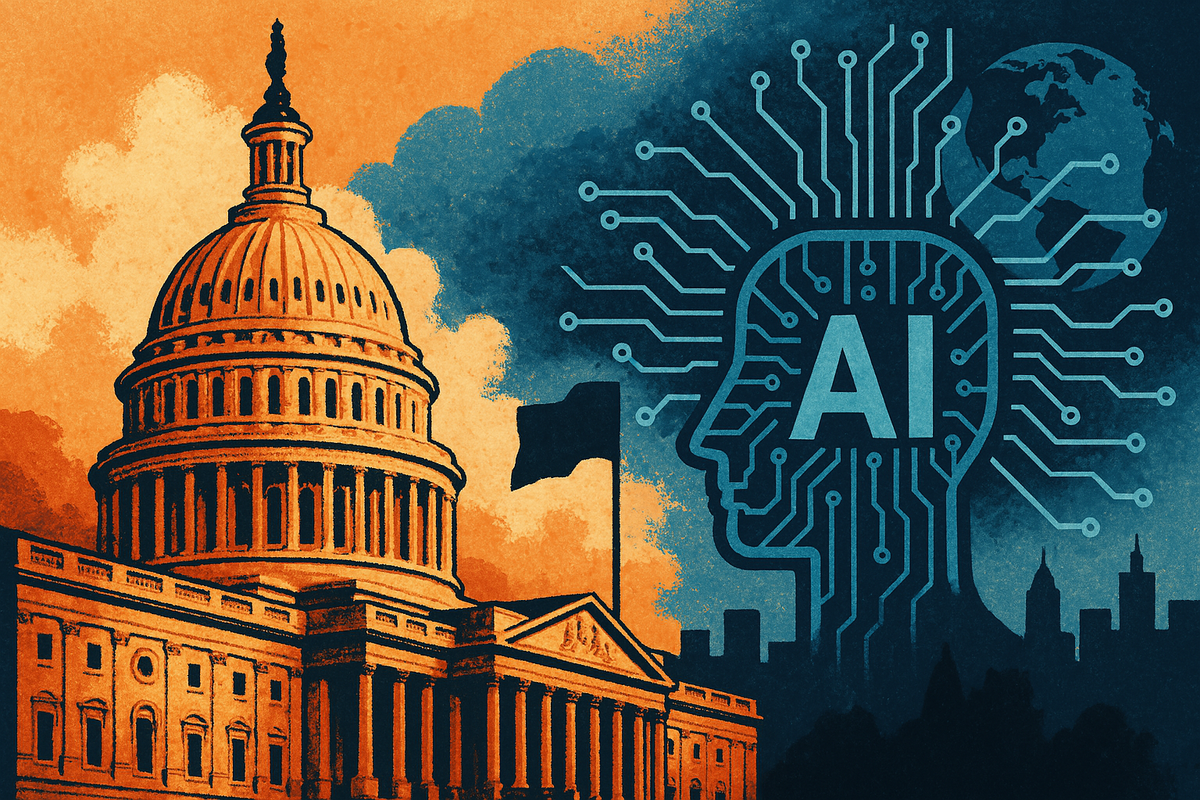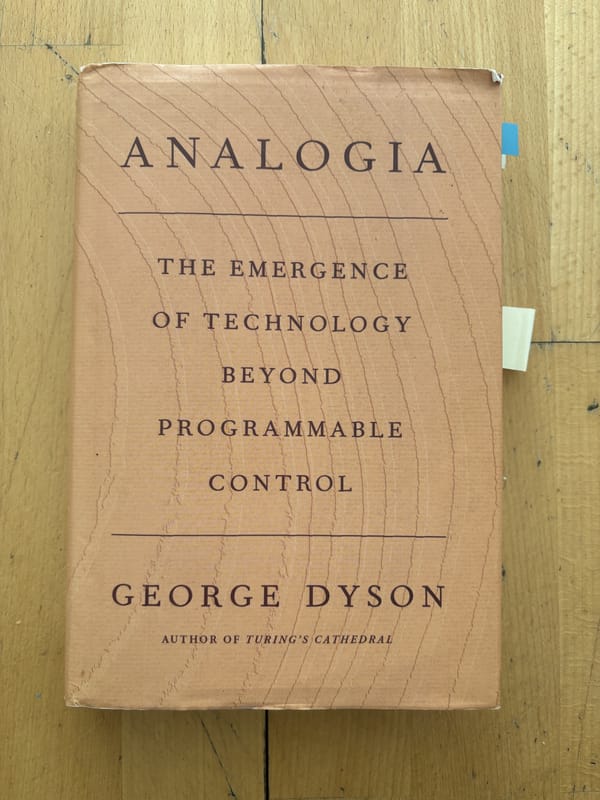D.O.G.E.: Revolution or Reform

If it is true that we are at the beginning of an economic and political transformation on the scale of the Industrial Revolution, then it is fair to ask: Can the institutions hat create and administer the rules that we are bound to live by successfully adapt to such dramatically changing circumstances?
The answer which the D.O.G.E. experiment presupposes is clear: No – and it is better to break and rebuild them instead of reworking them to be fit for purpose.
In a recent episode of the popular podcast "Conversations with Tyler" the question of how to reform the U.S. government and why it is necessary is discussed by two speakers who could not be more well placed to explore the uncomfortable realities: bureaucratic reform is extremely difficult, successful digital government is the exception not the rule world-wide, technological change and geopolitical tensions appear to demand reaction times on a scale far faster than we have come to be able to expect from our governing apparatuses.

Jennifer Pahlka, author of the highly recommended book Recoding America, is the founder of Code for America and helped found the United States Digital Service. The USDS was started by President Obama in 2014 with a mission to "deliver better government services to the American people through technology and design." President Trump's executive order 14158 turned it into DOGE, the "Department of Government Efficiency."
She has a history of deep involvement in how the U.S. government approaches digital service delivery – and a bag full of experiences of how it fails. That makes her the perfect person to make the case for (albeit radical) reform.
Tyler Cowen is an economist, author, and public intellectual known for his wide-ranging commentary on culture, innovation, and economic policy. A professor at George Mason University and co-founder of the popular blog Marginal Revolution, Cowen is often associated with libertarian-leaning views. He engages deeply with questions of progress, globalization, and institutional complexity.
In the dialogue between the two, Tyler argues that, perhaps, breaking our institutional mould is what we must do if we take the challenge seriously.
To whet your appetite I'll follow with a list of controversial topics the two adeptly and respectfully address:
Congress does not make laws in a way that they can be expected to have their intended impact in today's world: there is no feedback loop and iteration between implementation and intent. It would require profound change to move to a more effective paradigm.
We need to move beyond an industrial era mindset when we think about government transformation: True digital transformation is not stuck in industrial ways of thinking. When you create advance guards of digital transformation, you have to empower them to lead and not just add them to existing hierarchies.
Is there something like responsible disruption? What would a shock to an agency look like that would cut enough "stop-energy" while simultaneously maintaining enough "go-energy" so that afterwards you are BETTER at solving MORE problems than before? Is it possible to escape the "bureaucratic rigidity cycle" or do you have to regularly start from scratch?
Is problem solving incompatible with accountability? Accountability risks forcing public servants to focus on metrics that are unrelated to the desired outcomes. You have to be able to adjust your targets, if you want to escape Goodhart's Law ("When a measure becomes a target, it ceases to be a good measure").
How to preserve national sovereignty in the age of artificial general intelligence? If you run large parts of government services through US based AI companies, what will that do to your ability to act independently? Will some countries decide not to use AGI? Will economies of scale essentially dictate that no one other the US & China will be able to support profitable AGI companies? What is the relation between the US government and US AGI companies – given AI did not first come from US government resources (as opposed to the computer or the web)?



